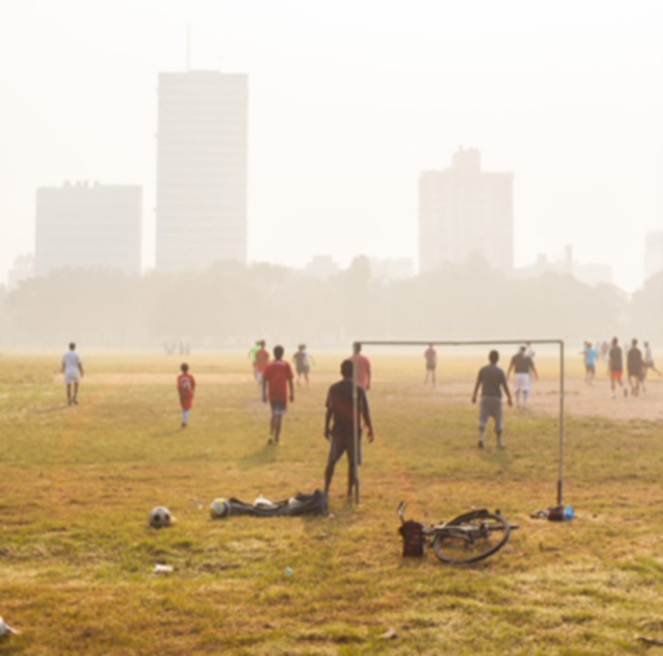Compete-Learn-Honor
Coaching philosophies play a key role in athletes’ safety. Developed by Dr. Peter Scales, “Compete-Learn-Honor” is a new, evidence-informed approach to player development that promotes emotional and physical safety, fun, and growth as a person and player.
Global Assessment on Physical Activity
The Global status report on physical activity is WHO’s first global assessment of implementation of policy recommendations to reduce physical inactivity by 15% in 2030. The report shows global progress has been slow. To reach this goal, WHO provides 5 suggestions, one of which includes providing more opportunities for those such as older adults and…
Bicycle helmets and children
Biking is a popular form of physical activity for children that has risks for injury to the head. Research shows that children who rode bicycles without a helmet are 14 times more likely to experience a fatal crash compared to children wearing helmets. Safe Kids provides safety tips on how to ensure that your child…
Military sport programs
Sport programs have great potential to support the healing and recovery of injured and ill military personnel and their families. In fact, military personnel and their families alike benefit when sport programs recognize, appreciate and cultivate a sense of belonging for military families. Here are some tips to integrate military families into sport programs, which…
Return to physical activity postpartum
The postpartum transition (from childbirth to one-year postpartum) is among the most challenging identity shifts for women. Physical activity has the capacity to reconnect women with their new bodies, while improving mental health. With education and support, more women can safely resume physical activity after childbirth and benefit from improved well-being.
Sport Information Resource Centre, Coaching Association of Canada and Health Canada Launch Air Quality Health Index (AQHI) E-learning Module

Canada’s most trusted partner in advancing sport knowledge is raising awareness of the importance of the AQHI as it relates to athlete health and empowering sport leaders to make informed decisions about air quality. March 21, 2023 Ottawa – The Sport Information Resource Centre (SIRC), in partnership with Health Canada and conjunction with the Coaching…
Fitness trackers encourage increased activity
Fitness trackers and other wearable tech have become increasingly popular in sporting and non-sporting populations. Researchers have determined that activity trackers tend to encourage wearers to take approximately 1800 extra steps per day, equivalent to approximately 40 extra minutes of walking.
Tackling Global Inactivity
Physical inactivity is a global concern. Accelerating physical activity policy implementation is essential to achieve a 15% reduction in inactivity, a target set by World Health Organization (WHO). If every country implemented GAPPA, a set of evidence-based recommendations, this goal would be reached by 2030!
Physical activity and school performance
Research shows that physical activity can improve academic performance in children. In addition, engaging in physical activity can improve attention and cognition. It is recommended that teachers provide students with physical activity breaks and that physical activity is integrated into the curriculum.
Knee injuries in women’s soccer
In soccer, women have twice the risk of sustaining ACL knee injuries compared to men. Research shows that injury prevention programs such as FIFA 11+ can reduce ACL injury rates by up to 45% in women. Effective injury programs include multiple exercises focused on strength, agility, balance and mobility. To protect athletes from injury, teams…